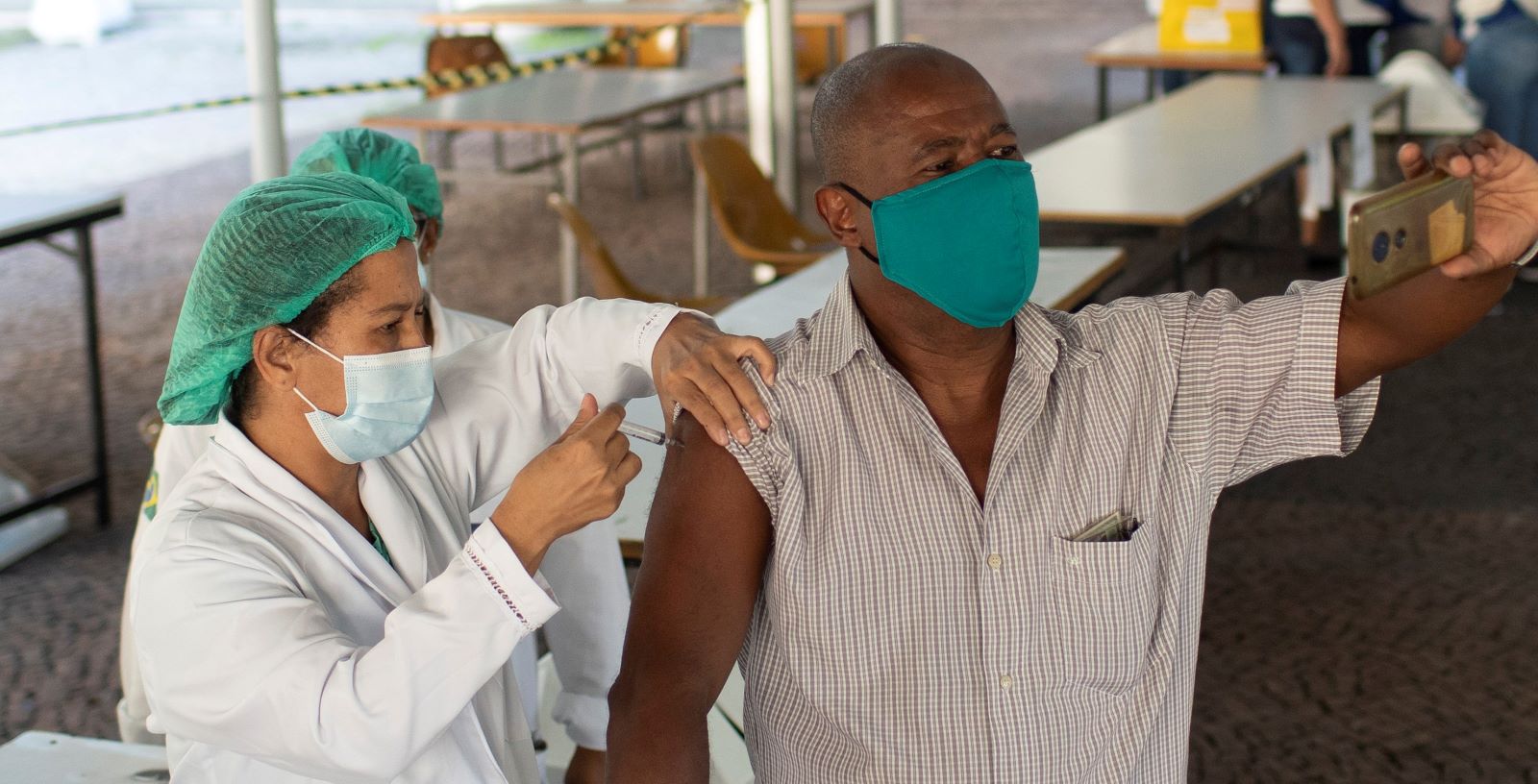Infrastructure
“The future of the world will be urban”

Fire brigades face the same problems all over the world. They need effective alarm systems, must extinguish fires fast, rescue people in emergencies, provide first aid on the spot and educate people about fire safety and precaution. At the same time, fire brigades tend to have too little funding or not enough staff. Others lack support from their municipal government. However that may be, they have to fight fires all the same.
Municipal authorities from different continents can learn from each other and provide capacity building at a tangible level. An example are Hamburg in Germany and Dar es Salaam in Tanzania. Young fire fighters from Tanzania are invited to Hamburg to be trained, and share insights on technology and best practice.
This partnership is one of many examples of successful cooperation between local governments. Cities worldwide face the same challenges: providing basic sanitation services, safe drinking water and electric power, facilitating mobility through public infrastructure and transport, providing shelter and work opportunities for a growing number of urban dwellers.
Moving to the cities
As the world population grows and resources become scarcer, more people move to the cities to make a living. The global urbanisation trend is clear, says Abdullah Baqui from the Johns Hopkins University in the USA: „Only about 30 % of the world’s population lived in urban areas in 1950; the share rose to 50 % by 2007." It is projected to rise to 60 % by 2030.
The scale of urbanisation differs in various parts of the world. According to Baqui, Asia will account for 54 % of the urban population of the world by 2030. However, the African nations are the fastest urbanising area in the world. Small cities are growing at the quickest rate. The megacities have more money, and even they are struggling to cope. The small towns, however, are totally overwhelmed by the needs of their newly arriving residents from the countryside, says Baqui.
In late October, ENGAGEMENT GLOBAL’s Service Agency Communities in One World hosted the second Germany-wide conference on "Municipal Partnerships with Africa" in Hamburg. A large delegation from Hamburg's twin city Dar es Salaam took part.
Visions and day-to-day life
Local governments are "developing socio-political visions and implementing democracy in day-to-day life", says Anita Reddy from ENGAGEMENT GLOBAL. This is not an easy thing to do in a context of financial limitations and enormous needs.
"The future of the world will be urban," claims Jean-Pierre Elong Mbassi from Cameroon. He is the secretary general of the African section of the United Cities and Local Governments (UCLG). According to him, "growing urbanisation means mostly growth of slums in Africa“. The figures he cites are staggering: Only 20 % of urban inhabitants in Africa have access to electricity, only 30 % to sanitation and only 45 % to potable water.
The reasons are structural, he claims, and include:
- national governments' limited understanding of – and interest in – urbanisation,
- stalled and uneven processes of decentralising political power,
- regulations that penalise informal solutions to problems,
- fragmented civil societies,
- small and skewed formal economies and
- limited tax bases.
Mbassi says that matters are made worse by the fact that African countries have to compete in a globalising world without having much say in defining international rules. Africa's urban centres must be hubs of development, but tend to be overburdened.
Slum dwellers bear the brunt of large-scale dysfunction. The good news is that they are not as voiceless as they used to be. The organisation “Shack/Slum Dwellers International” (SDI) links poor urban communities from cities across the global south that have developed successful strategies for mobilisation, advocacy and problem solving. The organisation forms partnerships with cities.
The approach has proved to be very helpful in solving pressing matters in the slums in accordance with the people concerned. In this context, no side is the "junior partner", stresses Didas Massaburi, mayor of Dar es Salaam. Political leaders and the people must join hands on an equal basis to solve urgent problems, he says.
A relatively young, but ever more pressing municipal concern is the impact of climate change. It is especially important for port cities, which face the problem of rising sea levels. At the same time, Günter Nooke, Chancellor Angela Merkel's special commissioner for Africa, says: “It is better to found new cities than to open up more refugee camps.”
Municipal partnerships are not only beneficial for cities in developing countries. The north can learn from the south. For instance, the Brazilian city Porto Alegre was the first one in the world to introduce participatory budgeting in 1989, and this approach has been copied in many municipalities in rich nations (see interview with Giovanni Allegretti in D+C/E+Z 2013/03, p. 119 ff.). More recently, municipal officers from Cap Verde have been teaching crisis-hit residents in Portuguese cities about urban agriculture.
Sheila Mysorekar











